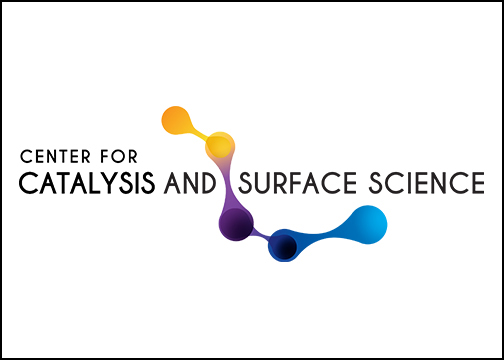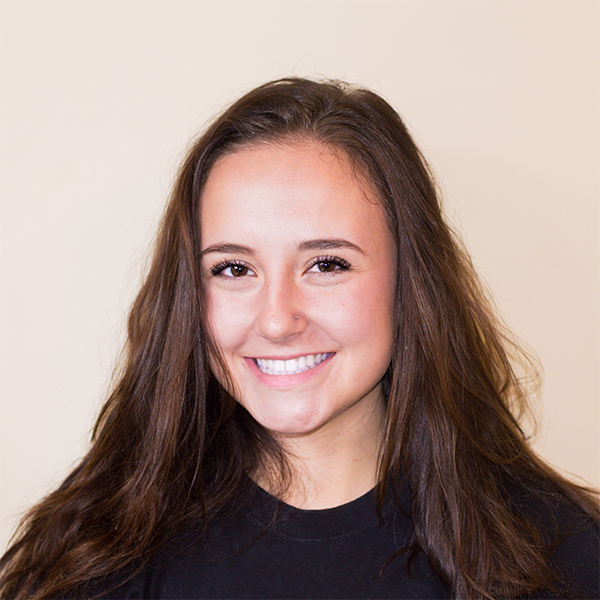The Center for Catalysis and Surface Science (CCSS), a research center of the Institute of Sustainability and Energy at Northwestern (ISEN), awarded the 2017-2018 Vladimir N. Ipatieff Lectureship to Susannah Scott, a professor of chemical engineering and chemistry and biochemistry at the University of California, Santa Barbara. Scott studies catalysts’ active sites in order to manipulate them into being more uniform.
The Lectureship, established in 1988, was created to enhance the educational experience of graduate students and postdoctoral researchers by sponsoring extended visits, anywhere from two weeks to a month, of distinguished researchers in the field of catalysis. It also provides an opportunity to not only concentrate on catalysis research at Northwestern, but in the greater Chicago area including local universities, companies such as Dow Chemical and Honeywell UOP, and Argonne National Laboratory.
“It’s an amazing honor to be named the Ipatieff Lectureship, and particularly having it come from a group with such a long and distinguished tradition in catalysis research at Northwestern,” said Professor Scott. “The Center is still a prolific and leading group to this current day.”
The Lectureship is named after Northwestern Professor Vladimir N. Ipatieff who was known for his work with high-pressure heterogeneous catalysis. Most notably, he established the Ipatieff High Pressure Laboratory in 1931, and within a year developed a polymerization process that recovered usable gasoline from waste gases generated during thermal reforming. By 1935, the first polymerization plant for the oil industry company, UOP, was recovering 15,000 gallons of gasoline per day from what would have otherwise been waste gas.
Catalysis, a science focused on improving the efficiency of chemical reactions, has the capabilities of drastically reducing the energy and environmental footprint of industries as well as consumers. Catalysts are substances that increase the rate of a chemical reaction and therefore are responsible for most of the materials and chemicals produced. Through manipulation and research catalysts can become more efficient and thus reduce emissions released into the environment.
Members of CCSS selected Scott through a voting process. Kenneth Poeppelmeier, the Director of CCSS and the Charles R. & Emma H. Morrison Professor of Chemistry at Northwestern, acknowledged that Professor Scott’s research takes a forward-thinking approach to sustainability.
“Scott’s interests and her actual research overlaps with a good fraction of the faculty here [at CCSS],” said Professor Poeppelmeier. “Her expertise has a strong resonance with other areas of research that go beyond chemistry— her research also touches upon chemical engineering and materials science.”
Scott’s research group at UC Santa Barbara focuses on manipulating the active sites of catalysts in order to make them uniform. By creating uniform active sites, researchers and scientists are better enabled to modify the active sites to either increase activity, redirect the reaction, or slow down the deactivation of the site. The Scott Group often works in the area of olefin polymerization, or making polymers using catalysts, as well as creating new olefins. Polymers are substances containing a large number of units joined by the same type of linkage. They have a wide range of uses such as creating adhesives, packaging materials, plastic, and clothing. Meanwhile, olefins produced through polymerization are often used as the starting materials for plastic. Recently the group has focused on biomass conversions, or renewable carbon.
“There are many areas in the field of catalysis that build on the past in order to move into this future of using other fuel sources such as energy from the sun,” said Poeppelmeier. “I think that’s what Scott represents, and I think it is very compatible with what Ipatieff in his time period also represented.”
During her time as the Ipatieff Lectureship, Scott will be working with both homogeneous and heterogeneous catalysis research groups and working with both computational and experimental research methods. She hopes to collaborate with the faculty and students at Northwestern, and in the larger Chicago area. Scott will begin her Lectureship this fall by holding her first lecture on September 7th as part of Vladimir N. Ipatieff’s 150th birthday celebration. The event is open to students, faculty, and the public.




